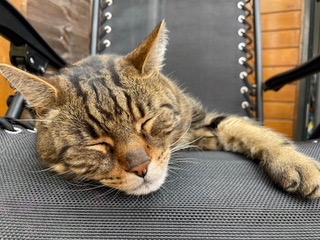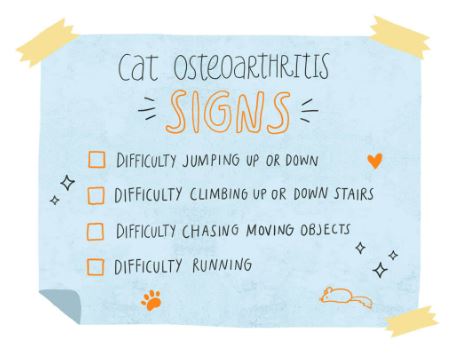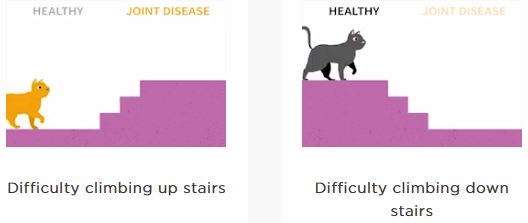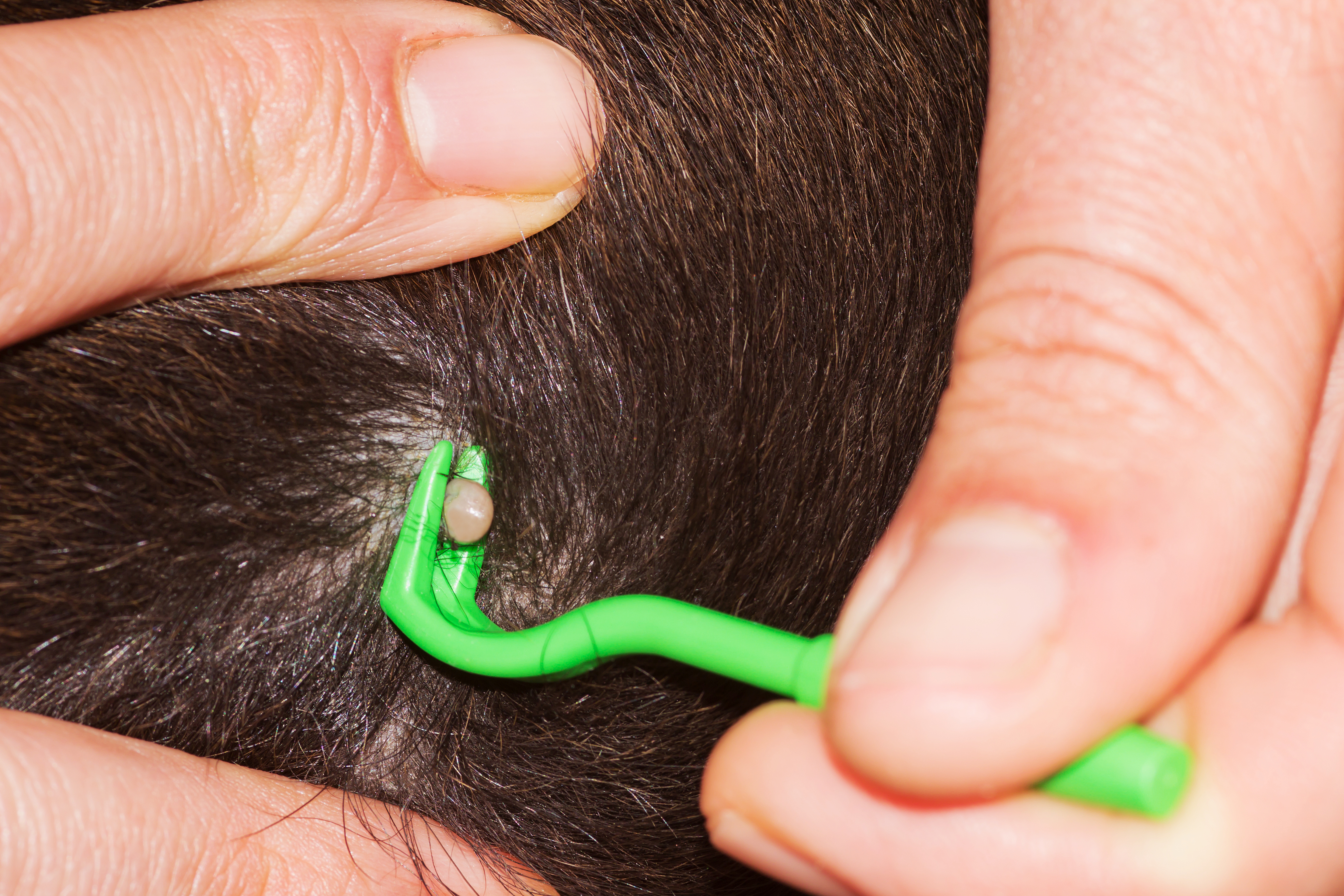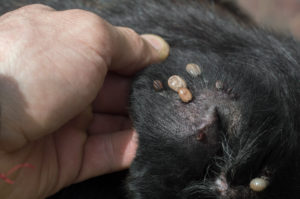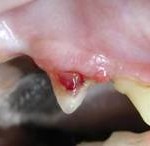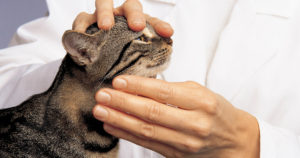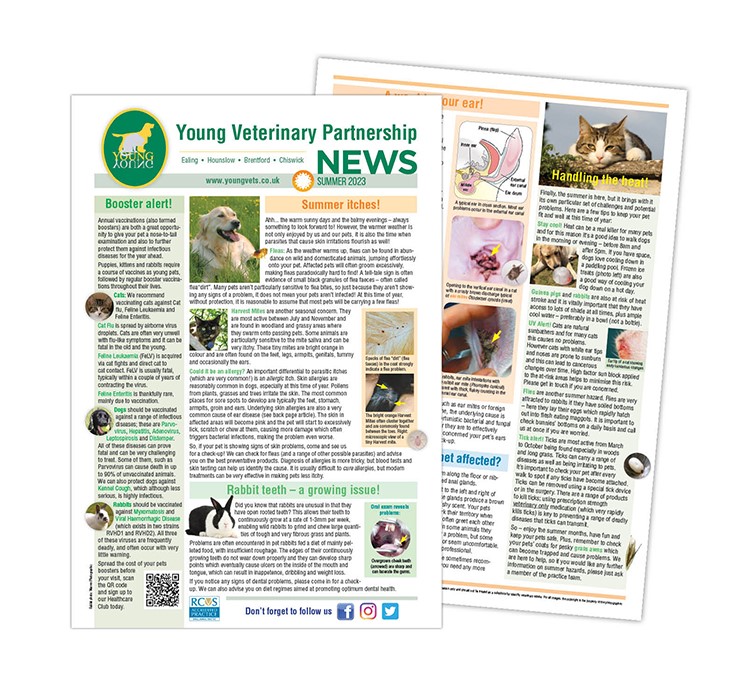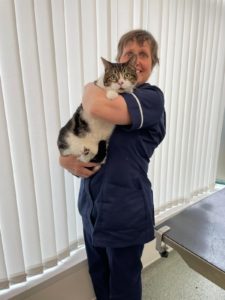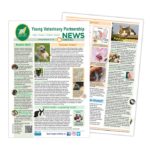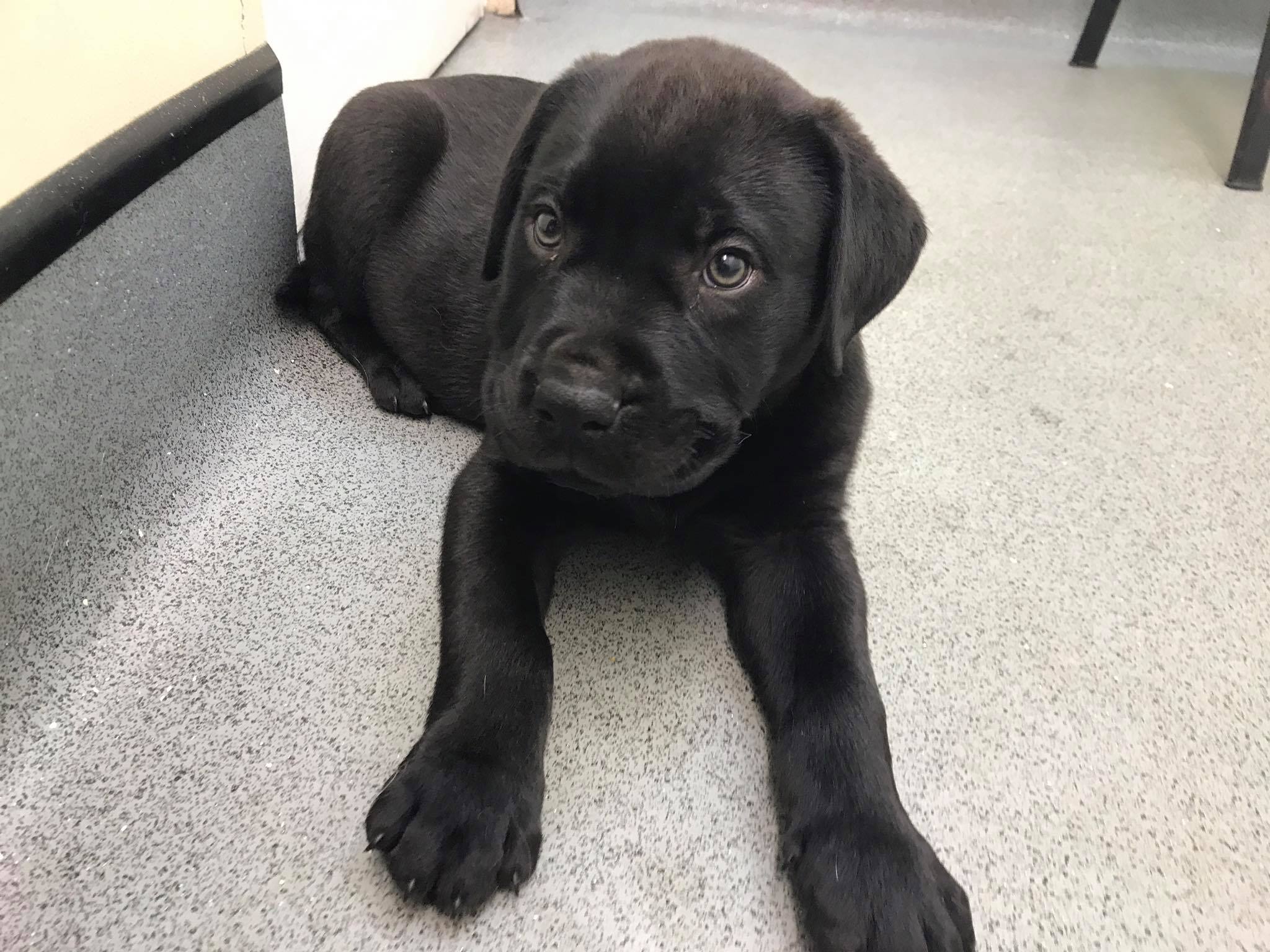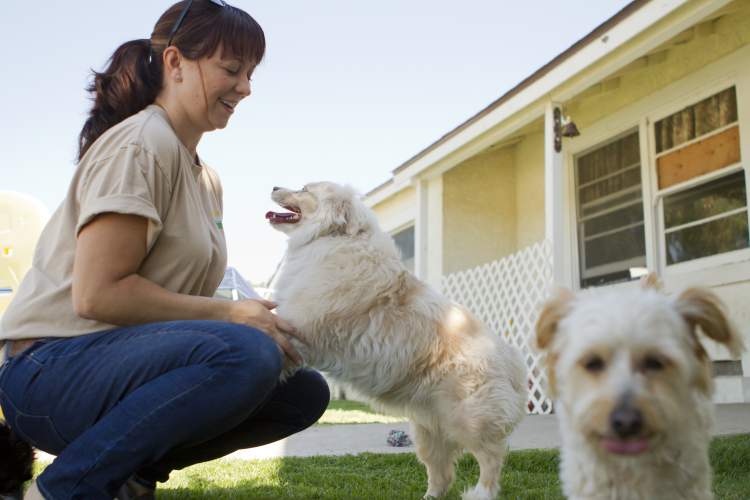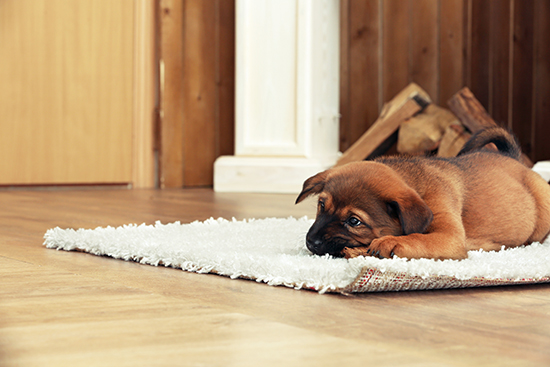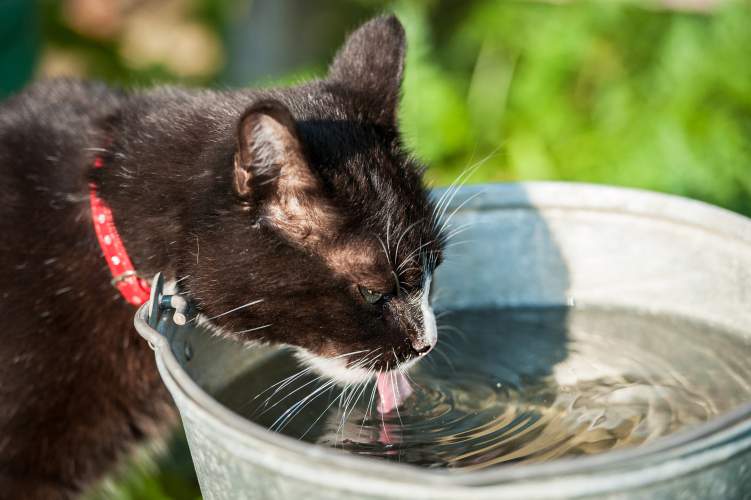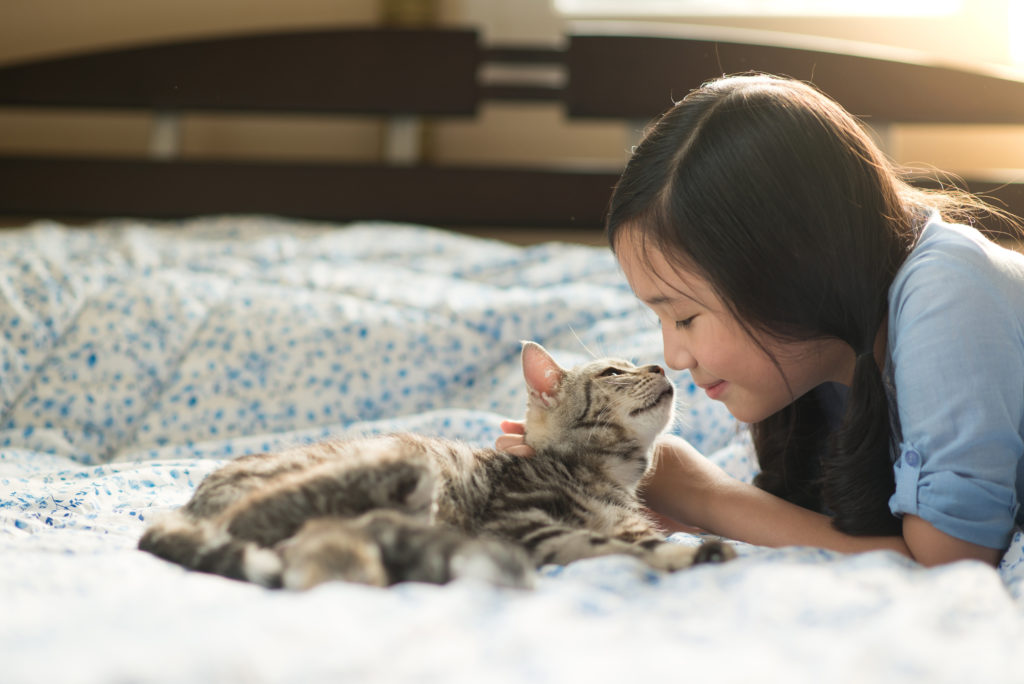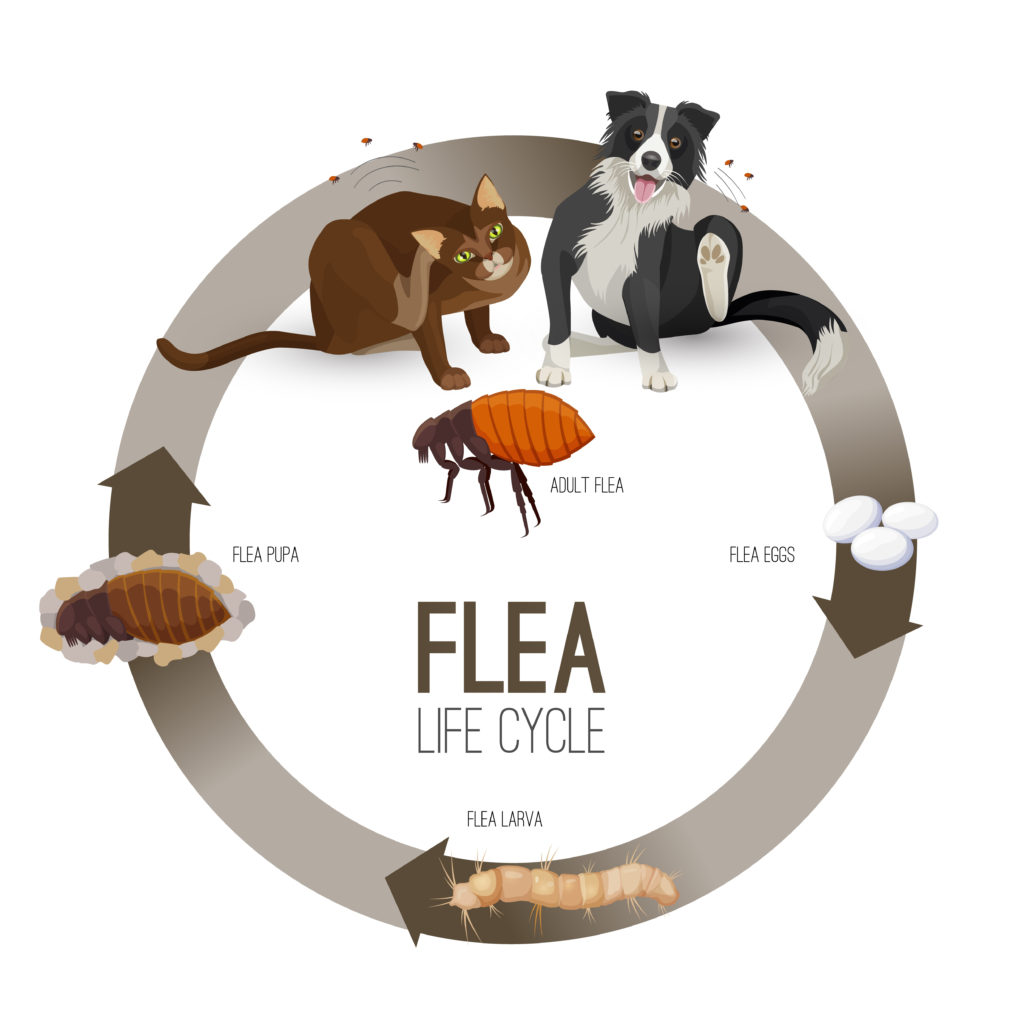Easter and pets
As the weather improves, we look forward to Spring time and with that, Easter celebrations – beautiful bouquets and tasty treats, unfortunately some of these items can cause some serious health concerns if ingested by our pets. Our latest Pet Care Blog provides some great advice on what to be aware of having in your home during Easter time, read more about keeping your pet safe this Easter.

Kennel Cough – is your dog vaccinated?
The warmer weather brings with it, the highly contagious Kennel Cough. This infectious disease can come on suddenly, producing a harsh, honking cough. The cough itself is rarely life threatening but can cause your dog some discomfort, some dogs can go off their food and become lethargic for short periods, others will bounce around as usual. Our Spring News discusses how to help prevent the spread of this disease and what to watch out for in your dog.

Two dogs at park
Ear disease – what do I need to know?
Pets ears come in all shapes and sizes which is why we love them! Our Spring News discusses ear disease ; What to look out for and the most common causes.
When bringing your new pet home practice handling them all over from day one, including lifting up and looking inside their ears. Practice this regularly so if a problem occurs, your veterinary surgeon can diagnose and manage your pets condition with minimal stress.
If you have concerns about your pet, do not hesitate to contact our team for more advice on your pets individual case.
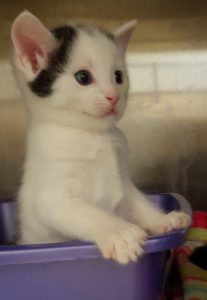
We hope you enjoy reading our latest Pet Care Blog, if you have a question or concern about any of the articles mentioned please do not hesitate to contact our team for more advice on your pet.


